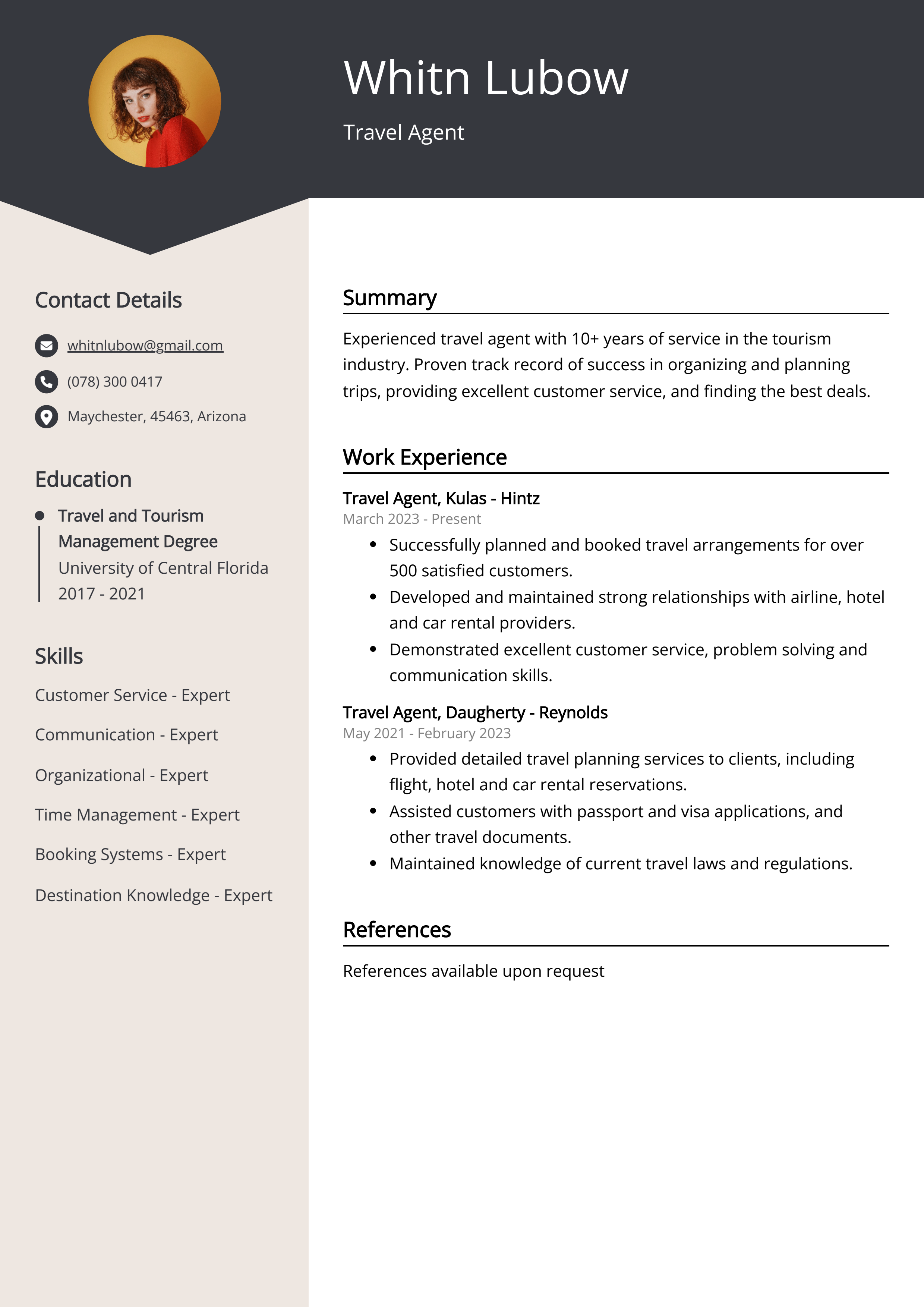Understanding the Role of a Travel Agent
Entering the travel and tourism industry as an entry-level travel agent can be an exciting and fulfilling career choice. As someone who has worked as a travel agent, I can attest to the joy of helping clients explore the globe. From organizing honeymoons to planning family vacations, the role is diverse and dynamic.
What Does an Entry-Level Travel Agent Do?
At an entry-level position, a travel agent is responsible for assisting clients in planning their trips, which includes:
- Researching travel destinations
- Booking flights, hotels, and activities
- Providing travel advisories and tips
- Maintaining client relationships
- Handling customer inquiries and complaints
Skills Required for Entry-Level Travel Agent Jobs
Essential Skills
To thrive as a travel agent, focus on developing the following skills:
- Communication: Clear communication is key for understanding your clients’ needs.
- Attention to Detail: Small changes can significantly impact travel plans.
- Sales Skills: Selling travel packages effectively can drive your success.
- Problem-Solving Skills: You will encounter various challenges that require quick solutions.
- Familiarity with Travel Technology: Being tech-savvy is a huge plus in today’s digital age.
Preferred Qualifications
While formal education may not be necessary, having a background in hospitality or business can be beneficial. Additionally, many employers look for:
- A high school diploma or equivalent
- Basic knowledge of geography
- A passion for travel
How to Get Started in the Travel Industry
1. Research the Industry
Before diving in, familiarize yourself with the travel industry’s different sectors, from leisure travel to corporate travel management. Understanding the various niches will help you decide where your interests lie.
2. Gain Experience
Consider internships or entry-level positions at travel agencies, airlines, or tourism boards. Volunteering at travel expos can also provide valuable experience and insights.
3. Network with Professionals
Join travel forums and social media groups to connect with experienced travel agents. Networking is crucial for learning and growing in this industry.
4. Pursue Certification
Certifications, such as the Travel Agent Proficiency (TAP) test, can enhance your resume and show potential employers your commitment to the field.
Pros and Cons of Being a Travel Agent
Pros
- Opportunity to travel and explore new destinations.
- Flexible work hours, often with the ability to work from home.
- Potential for high earnings through commissions.
- Job satisfaction from helping others create lasting memories.
Cons
- Working long hours, especially during peak seasons.
- Stressful situations, such as last-minute cancellations.
- Income can be unpredictable due to commission-based pay structures.
- Constant need to keep up with industry trends and regulations.
Salary Expectations for Entry-Level Travel Agents
Entry-level travel agents typically earn between $30,000 and $40,000 per year, depending on location, employer, and experience. As you gain more experience, your income potential will increase significantly, especially with commission-based sales.

Destinations You Can Explore as a Travel Agent
As a travel agent, you have the luxury of knowing some of the most incredible destinations around the world. Here are a couple of highlights:
1. Bali, Indonesia
Bali is renowned for its stunning beaches, lush rice terraces, and vibrant culture. Whether you advocate for relaxation or adventure, Bali offers something for every traveler. I once created an unforgettable itinerary for a couple’s retreat there, including a sunrise hike on Mount Batur and a serene spa day.
2. Rome, Italy
Rome, with its rich history and art, is a must-visit for travelers. The Colosseum, Vatican City, and authentic Italian cuisine are just a few highlights. I remember helping a family plan their dream trip, complete with guided tours and local dining experiences that made their trip unforgettable.
Travel Tips for New Travel Agents
1. Stay Updated on Travel Trends
Subscribe to travel blogs, podcasts, and industry publications. Being informed will help you provide the most relevant advice to your clients.
2. Always Be Learning
Consider attending workshops and webinars to continue your education and improve your skills.
3. Build Strong Client Relationships
Provide personalized service and follow up with clients after their travels to build long-term relationships and encourage repeat business.

Comparison Table of Top Travel Agent Software
| Software | Rating | Features | Price |
|---|---|---|---|
| TravelJoy | 4.5/5 | Client management, itinerary creation, automated emails | $99/month |
| Travefy | 4.7/5 | Collaboration tools, itinerary sharing, expense tracking | $12/client/month |
| Axus Travel App | 4.8/5 | Itinerary management, mobile app, client communication | $99/month |
Frequently Asked Questions About Entry-Level Travel Agent Jobs
What qualifications do I need to become a travel agent?
While a formal degree is not always necessary, having a background in hospitality or business can be beneficial. Certifications and industry knowledge are essential.

Can I work from home as a travel agent?
Yes! Many travel agents work from home, giving you the flexibility to manage your schedule.
How much do travel agents make?
Entry-level travel agents typically earn between $30,000 and $40,000 per year. Experienced agents can earn significantly more, especially through commissions.

Is being a travel agent a stressful job?
While it can be stressful, especially dealing with last-minute changes, many find it rewarding. The key is to build strong relationships with clients and stay organized.